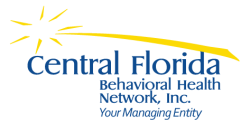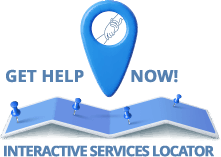
Just Released
Material Exhibit
The Florida Department of Children and Families’ Office of Substance Abuse and Mental Health (SAMH) in conjunction with the Florida Alcohol and Drug Abuse Association (FADAA) is continually adding new information, articles, and studies to advance understanding of substance use and mental health disorders, treatment, and prevention. See below for the latest addition to the Featured Materials page.
Recovery Capital
Recovery Capital is a term used to describe the internal and external resources used to initiate and sustain recovery. Recovery Capital focuses on fostering resiliency and incorporates the strengths, supports, and services that can be accessed by individuals to support recovery. Typically, these assets are classified in three categories of capital:
- Personal recovery capital refers to the assets an individual possesses such as physical health, employment, health insurance, access to basic needs such as food, clothing, and shelter.
- Family or social recovery capital refers to family, kinship and social relationships and the willingness of these individuals to participate and support recovery.
- Community recovery capital includes the attitudes, policies, and resources available in the community to support recovery.
Behavioral health professionals, systems, and communities develop and implement ROSC systems to prevent the expansion of behavioral health conditions, decrease harm caused by substance use and mental health disorders, and offer resources to aid individuals with behavioral health disorders and their families reach and maintain healthy and productive lives in their communities.
To support Florida’s individuals, families, communities, and practitioners, this collection of information and resources was compiled by FADAA with support from the Florida Department of Children and Families, Office of Substance Abuse and Mental Health. These materials include education, research, tools, and strategies to understand and support the development of recovery capital to support individuals in recovery.

